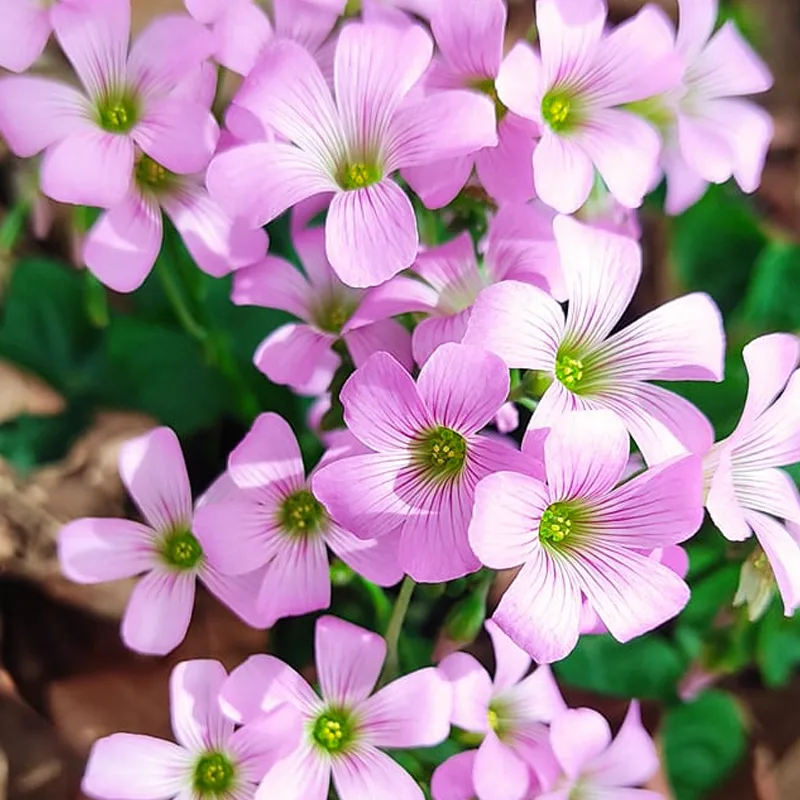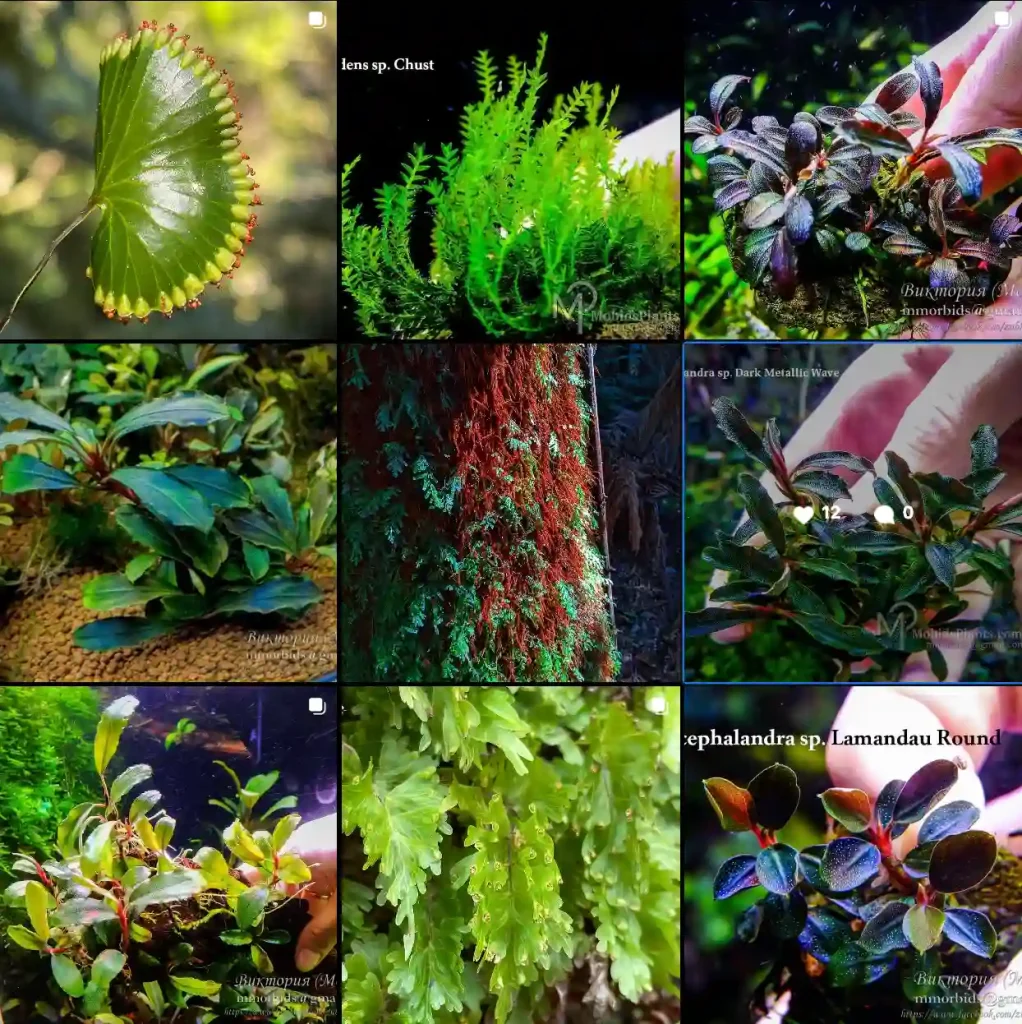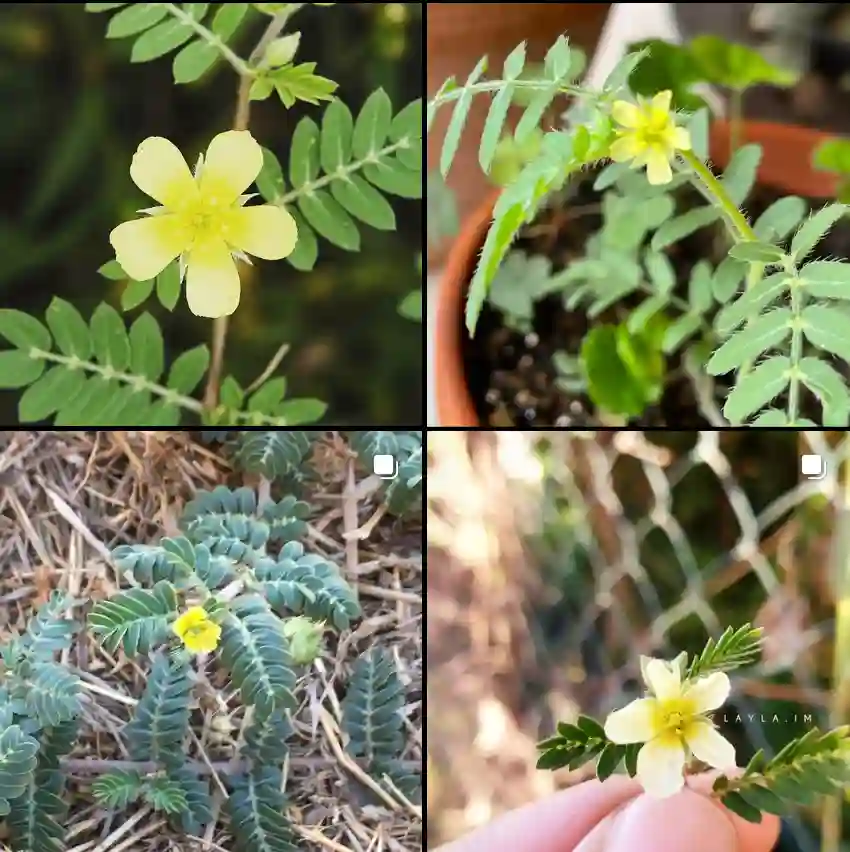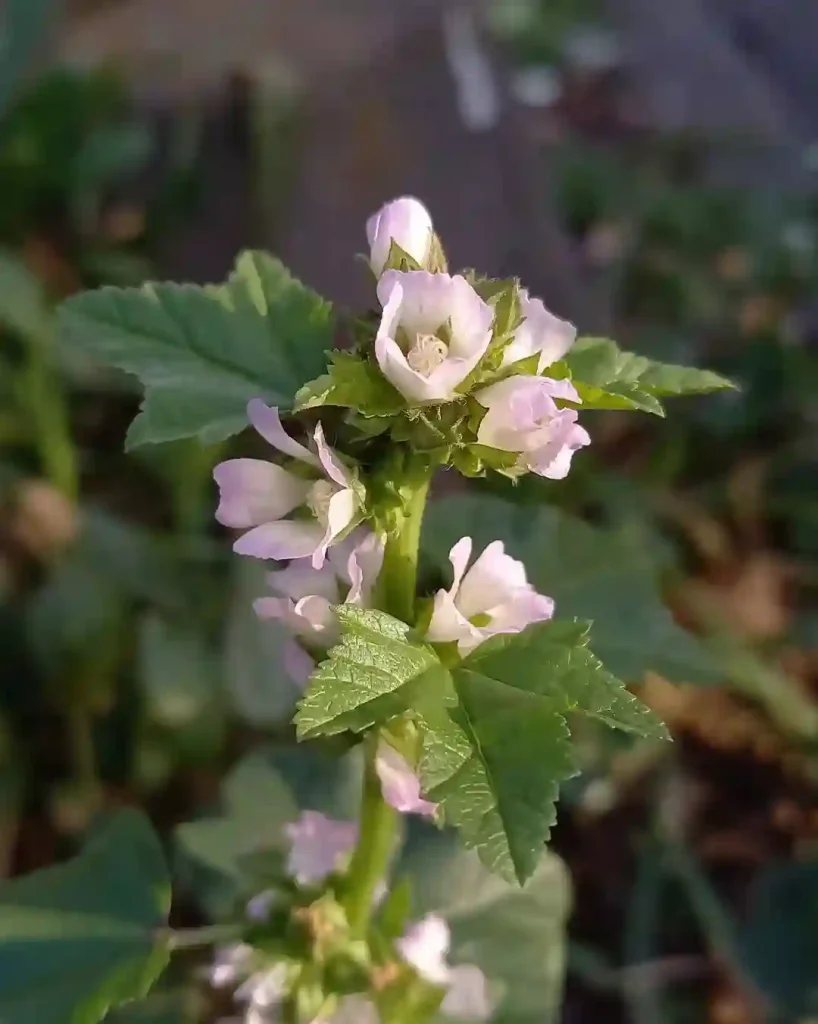The Avocado and Its Kin: Exploring the Persea Genus
My name is Ferb Vu, and I’ve always been fascinated by the natural world, especially the diversity of plants. One genus that particularly interests me is Persea, a group of evergreen trees belonging to the laurel family, Lauraceae. Most people know this genus because of its most famous member, the avocado (Persea americana), but there’s much more to Persea than just guacamole. Let’s dive into the world of these fascinating plants.
A Diverse Family with a Disjunct Distribution
Persea comprises roughly 109 species with a rather peculiar distribution. Instead of being concentrated in one area, they are spread across two distinct regions: the Americas and Southeast Asia. This “disjunct distribution” suggests an interesting evolutionary history, with the genus likely originating in the Northern Hemisphere before spreading southward.
In the Americas, Persea species are found from the southeastern United States all the way down to Chile, with a strong presence in Mexico and Central America. This region boasts the greatest diversity of Persea, with around 70 species. In Southeast Asia, a single species, Persea nanmu, represents the genus. This unique distribution pattern makes Persea a compelling subject for botanists and biogeographers.
More Than Just Avocados
While the avocado is undoubtedly the star of the Persea show, the genus offers a variety of other intriguing species:
- Persea alba Nees & Mart.
- Persea albida Kosterm.
- Persea albiramea van der Werff
- Persea alpigena (Sw.) Spreng.
- Persea americana Mill. Plant FAQs: Avocado Tree – Persea Americana
- Persea areolatocostae (C.K.Allen) van der Werff
- Persea aurata Miq.
- Persea barbujana (Cav.) Mabb. & Nieto Fel.
- Persea basiobtusa Rohwer
- Persea benthamiana Meisn.
- Persea bernardii L.E.Kopp
- Persea bilocularis L.E.Kopp
- Persea boldufolia Mez
- Persea brenesii Standl.
- Persea brevipes Meisn.
- Persea brevipetiolata van der Werff
- Persea buchtienii O.C.Schmidt
- Persea bullata L.E.Kopp
- Persea caerulea (Ruiz & Pav.) Mez
- Persea caesia Meisn.
- Persea campii L.E.Kopp
- Persea chamissonis Mez
- Persea chrysantha Lorea-Hern.
- Persea chrysophylla L.E.Kopp
- Persea cinerascens S.F.Blake
- Persea conferta L.E.Kopp
- Persea cordata Meisn.
- Persea corymbosa Mez
- Persea costata Meisn.
- Persea croatii van der Werff
- Persea croizatii van der Werff
- Persea cuatrecasasii Kosterm.
- Persea cuneata Meisn.
- Persea donnell-smithii Mez
- Persea dryadum Rohwer
- Persea fastigiata L.E.Kopp
- Persea fendleri van der Werff
- Persea ferruginea Kunth
- Persea filipes Rusby
- Persea fuliginosa Nees & Mart.
- Persea fulva L.E.Kopp
- Persea fusca Mez
- Persea glabra van der Werff
- Persea grandiflora L.E.Kopp
- Persea haenkeana Mez
- Persea hexanthera L.E.Kopp
- Persea hintonii C.K.Allen
- Persea hirta Nees
- Persea hypoleuca (A.Rich.) Mez
- Persea indica (L.) Spreng.
- Persea jariensis Vattimo-Gil
- Persea jenmanii Mez
- Persea julianae van der Werff
- Persea kostermansii I.M.Turner
- Persea krugii Mez
- Persea laevifolia van der Werff
- Persea lemensis H.Ferrer & Sanoja
- Persea liebmannii Mez
- Persea lingue (Ruiz & Pav.) Nees
- Persea longipes (Schltdl.) Meisn.
- Persea maguirei L.E.Kopp
- Persea major (Meisn.) L.E.Kopp
- Persea meridensis L.E.Kopp
- Persea meziana Rasingam & Karthig.
- Persea microneura Meisn.
- Persea mutisii Kunth
- Persea negracotensis O.C.Schmidt
- Persea nivea Mez
- Persea nudigemma van der Werff
- Persea oblongifolia L.E.Kopp
- Persea obovata Nees & Mart.
- Persea obscura Lorea-Hern.
- Persea obtusifolia L.E.Kopp
- Persea pajonalis van der Werff
- Persea pallescens (Mez) Lorea-Hern.
- Persea pedunculosa Meisn.
- Persea perglauca Lundell
- Persea perseiphylla (C.K.Allen) van der Werff
- Persea peruviana Nees
- Persea povedae W.C.Burger
- Persea psammophila P.L.R.Moraes
- Persea pseudofasciculata L.E.Kopp
- Persea pumila P.L.R.Moraes & R.S.Pacheco
- Persea punctata Meisn.
- Persea purpusii L.E.Kopp
- Persea raimondii O.C.Schmidt
- Persea rigens C.K.Allen
- Persea rigida Nees & Mart.
- Persea rufescens Lundell
- Persea rufotomentosa Nees & Mart.
- Persea ruizii J.F.Macbr.
- Persea schiedeana Nees
- Persea sericea Kunth
- Persea sessilis Standl. & Steyerm.
- Persea silvatica van der Werff
- Persea sphaerocarpa (H.J.P.Winkl.) Kosterm.
- Persea splendens Meisn.
- Persea sprucei Kosterm.
- Persea standleyi C.K.Allen
- Persea stricta Mez
- Persea subcordata (Ruiz & Pav.) Nees
- Persea trollii O.C.Schmidt
- Persea urbaniana Mez
- Persea vanderwerffii Doweld
- Persea venosa Nees & Mart.
- Persea veraguasensis Seem.
- Persea vesticula Standl. & Steyerm.
- Persea weberbaueri Mez
- Persea willdenovii Kosterm.
The Avocado: A Global Phenomenon
Of course, no discussion of Persea would be complete without paying homage to the avocado. This nutritious fruit, with its creamy texture and rich flavor, has become a global culinary sensation. From toast and salads to smoothies and sushi, the avocado’s versatility seems to know no bounds.
But the avocado’s importance goes beyond its culinary appeal. It’s a significant agricultural crop, providing income and sustenance for many communities worldwide. Moreover, the avocado’s popularity has spurred research into its potential health benefits, with studies suggesting it may contribute to heart health, weight management, and improved nutrient absorption.
Facing Challenges, Embracing the Future
Despite its success, the avocado and the Persea genus as a whole face challenges. Habitat loss due to deforestation and urbanization threatens the survival of many Persea species, particularly those with limited distributions. The avocado industry, while economically important, also raises concerns about water usage, pesticide use, and the environmental impact of transportation.
However, there’s hope for the future. Conservation efforts are underway to protect Persea species and their habitats. Researchers are working to develop sustainable avocado production practices that minimize environmental impact. And consumers are becoming increasingly aware of the importance of making informed choices about the food they eat.
A Personal Connection
As someone with a deep appreciation for the natural world, I find the Persea genus to be a source of both wonder and concern. The diversity of its species, the unique distribution pattern, and the cultural and economic significance of the avocado all make it a fascinating subject of study. At the same time, the challenges facing Persea highlight the urgent need for conservation and sustainable practices.
I believe that by learning more about Persea and appreciating its value, we can contribute to its preservation for future generations. Whether it’s through supporting sustainable agriculture, advocating for conservation efforts, or simply enjoying a delicious avocado in a way that minimizes our environmental impact, we can all play a part in ensuring the continued flourishing of this remarkable genus.
If i die, water my plants!



